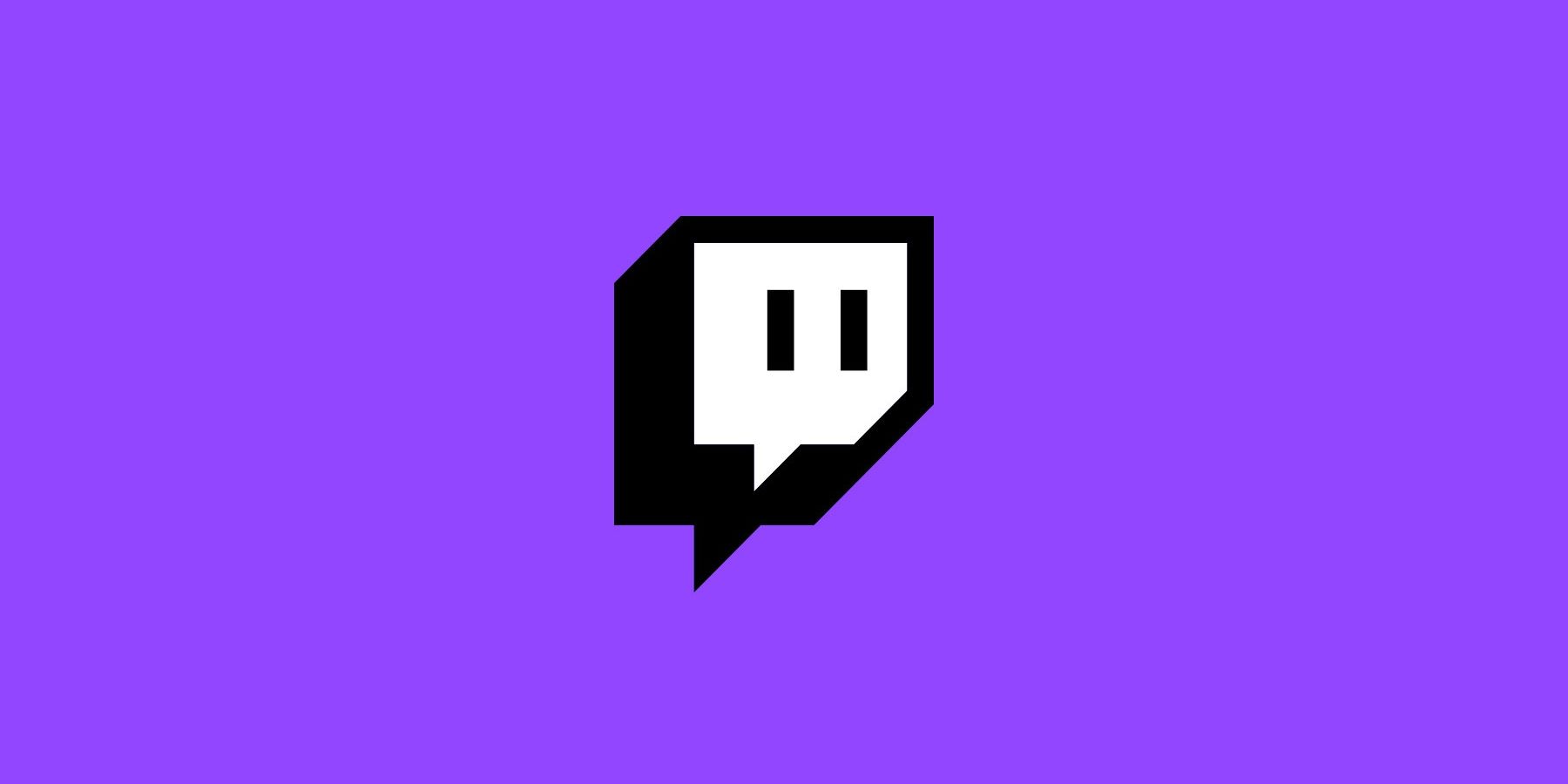Twitch has officially updated its Community Guidelines regarding its recent decision to ban gambling streams. The rise of gambling streams on Twitch was quick, successful, and incredibly controversial. Many of Twitch's top streamers took incredibly lucrative partnerships with gambling outlets. Twitch, however, was forced to make a decision due to the increasingly legally-dubious situation. It announced it was banning "unlicensed" gambling on Twitch, which comprised a significant amount of the site's controversy-driven complaints.
The announcement of Twitch's unlicensed gambling ban left a lot of lingering questions for both streamers and viewers. Specific details about the ban weren't mentioned, other than banning sites including Stake.com, Rollbit.com, Duelbits.com, and Roobet.com. Further, the statement left a lot of ambiguity some feared would allow for loopholes. The update to official guidelines was always meant to provide specifics regarding the nature of the ban, though some Twitch fans may be disappointed in what Twitch has provided.
The updated Prohibited Gambling Content section of Twitch's Community Guidelines starts with a section that previously existed, the ban on affiliate codes. This ban prohibits links for affiliate codes to sites that run slot machines, roulette, and dice games. Streamers and viewers cannot share referral codes in chat, cannot feature a banner with a link, or verbally refer chat to sites. It's important to reclarify these rules before as a foundation for the new rule additions.
Twitch's updated rules do not expand significantly on what it said in its initial statement. It reiterates the list of four controversial gambling sites that are banned and adds that the list may be expanded in the future. It does add a description of factors it takes into consideration regarding whether a site should be banned, though. These factors include deposit limits, waiting periods, and age verification systems. This opens up the possibility of sites without licensing being allowed, though Twitch says that licensing "in the US or other jurisdictions that provide sufficient consumer protections" is also a factor.
The ban on these sites goes beyond real-money gambling, too. The ban extends to the "free social" versions of them. What Twitch is doing, it seems, is not banning gambling but gambling insecure websites where young Twitch users can potentially be exploited. The real-money gambling is certainly a part of it, but if these sites were safer, Twitch might have allowed them.
It deserves to be repeated that there is still a variety of gambling-related content available on Twitch. Websites focused on "fantasy sports, sports betting, and poker" is allowed to be streamed still. As such, controversies surrounding gambling on Twitch are likely to continue, especially given Twitch's relatively young audience.

